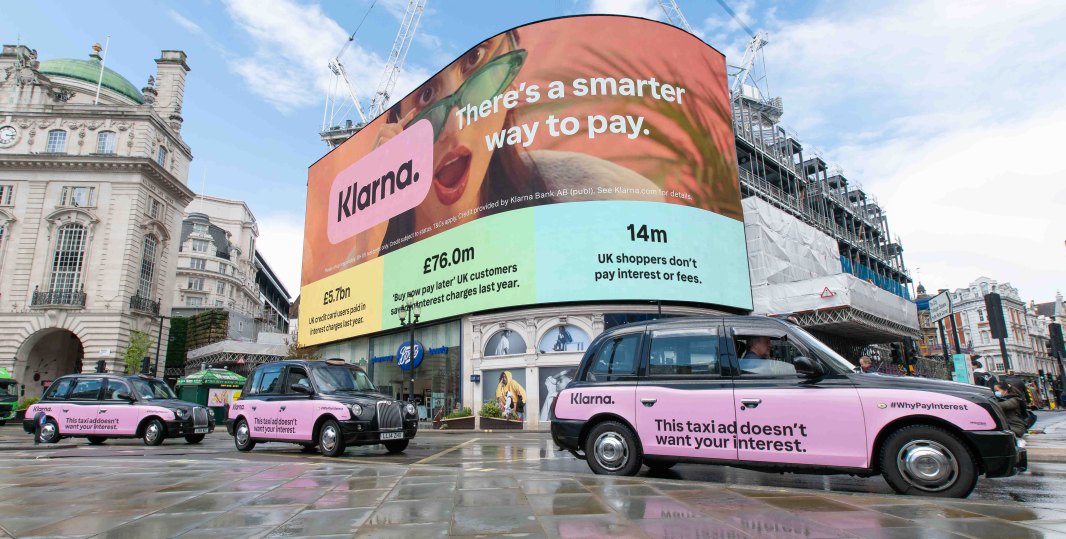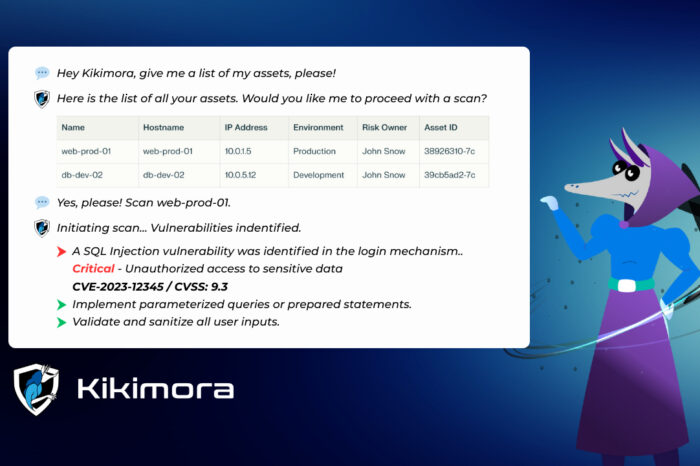Swedish fintech Klarna debuts on NYSE with $1.37B IPO at $15B valuation, signaling U.S. market rebound

Klarna’s long-awaited Wall Street debut has finally arrived. The Swedish buy-now, pay-later fintech startup began trading on the New York Stock Exchange on Wednesday after raising $1.37 billion in its initial public offering, a milestone that comes after years of waiting and a bruising reset in valuation. The deal valued the company at $15.1 billion, far below its pandemic-era peak but still enough to send a strong signal that the U.S. IPO market is back in business.
The timing couldn’t be bigger. Klarna is leading a slate of seven companies, including Gemini, the crypto exchange founded by the Winklevoss twins, expected to hit the market by Friday. It’s shaping up to be the busiest week for U.S. listings in years, a sharp contrast to the near standstill that stretched across much of the past three. The lineup also marks a shift from the volatility earlier this year, when tariff shocks forced several IPO candidates—including Klarna itself—to hit pause.
For backers like Sequoia Capital, the offering is set to be a windfall. The Information reported the venture firm could see more than a sixfold, or nearly $3 billion return on its bet, cementing its place as Klarna’s biggest winner from the deal.
On Tuesday, Klarna and its investors priced 34.3 million shares at $40 apiece, above the marketed range of $35 to $37. “$15 billion is far from disappointing given it was above Klarna’s price range and shows a continuing trend of issuers being conservative in initial valuation expectations to garner investor demand and to hopefully leave them wanting more,” Samuel Kerr, head of equity capital markets at Mergermarket, told Reuters.
From $45B Peak to $15B IPO: Klarna’s Reset on Wall Street

The road here has been anything but smooth. Klarna hit its high-water mark in 2021 with a $45.6 billion valuation, only to watch it collapse to $6.7 billion a year later as rising interest rates and inflation crushed growth stocks. After flirting with the idea of a direct listing in 2021, the company shelved plans until markets steadied.
Founded in 2005, Klarna helped pioneer short-term installment payments long before “BNPL” became a household acronym. The model found a new gear during the pandemic as e-commerce surged, and its popularity has held firm as inflation keeps shoppers looking for flexible ways to stretch their paychecks.
Investors now see Klarna’s listing as a barometer for BNPL’s staying power. “Klarna’s IPO will be a thermometer, showing how hot, or not, investors think BNPL will be,” said Brian Jacobsen, chief economist at Annex Wealth Management. Rival Affirm, which focuses on bigger-ticket financing, has surged 45% this year and commands a $29 billion market value. Klarna, by contrast, has built its strength in smaller purchases, with an average order value of $101 compared to Affirm’s $276.
Klarna was profitable for its first 14 years before falling into losses as it aggressively expanded into the U.S. and other markets. Still, analysts expect BNPL to steadily chip away at debit card spending as shoppers grow more comfortable splitting purchases into installments. For Klarna, the NYSE debut is not just about raising cash—it’s about showing it still has a place at the center of that shift.




